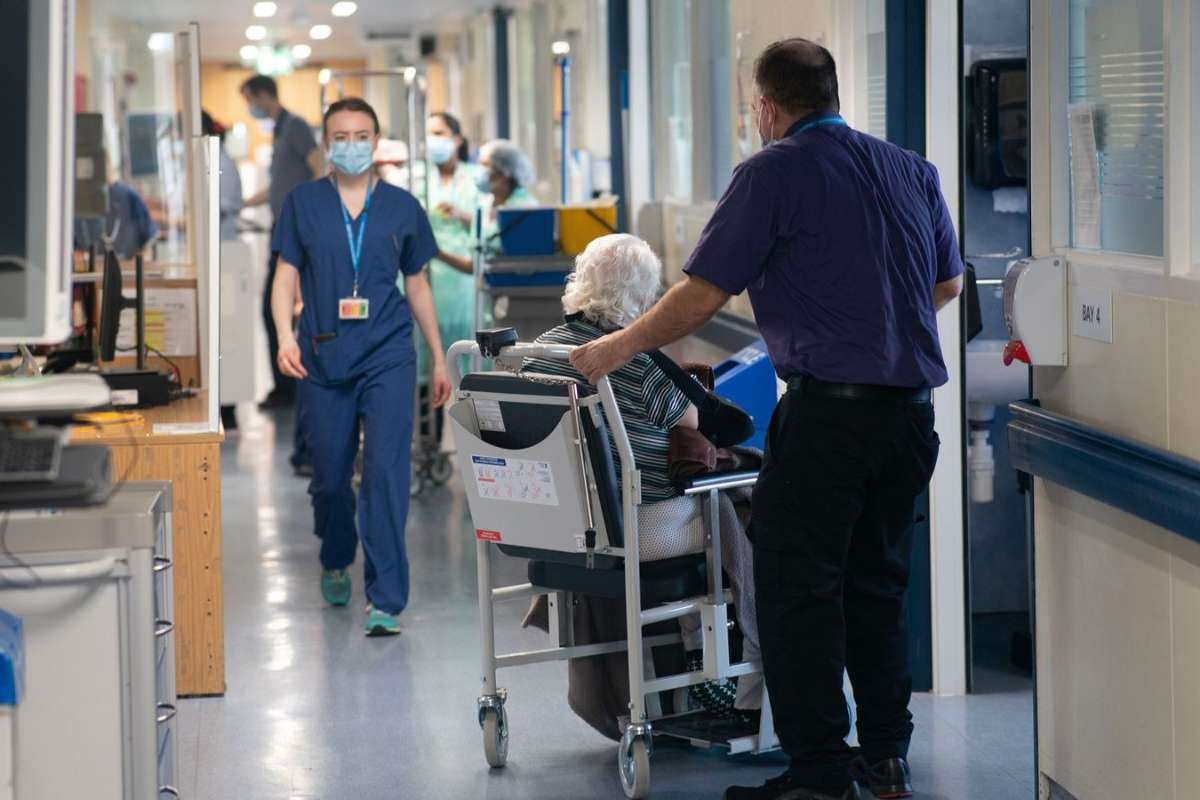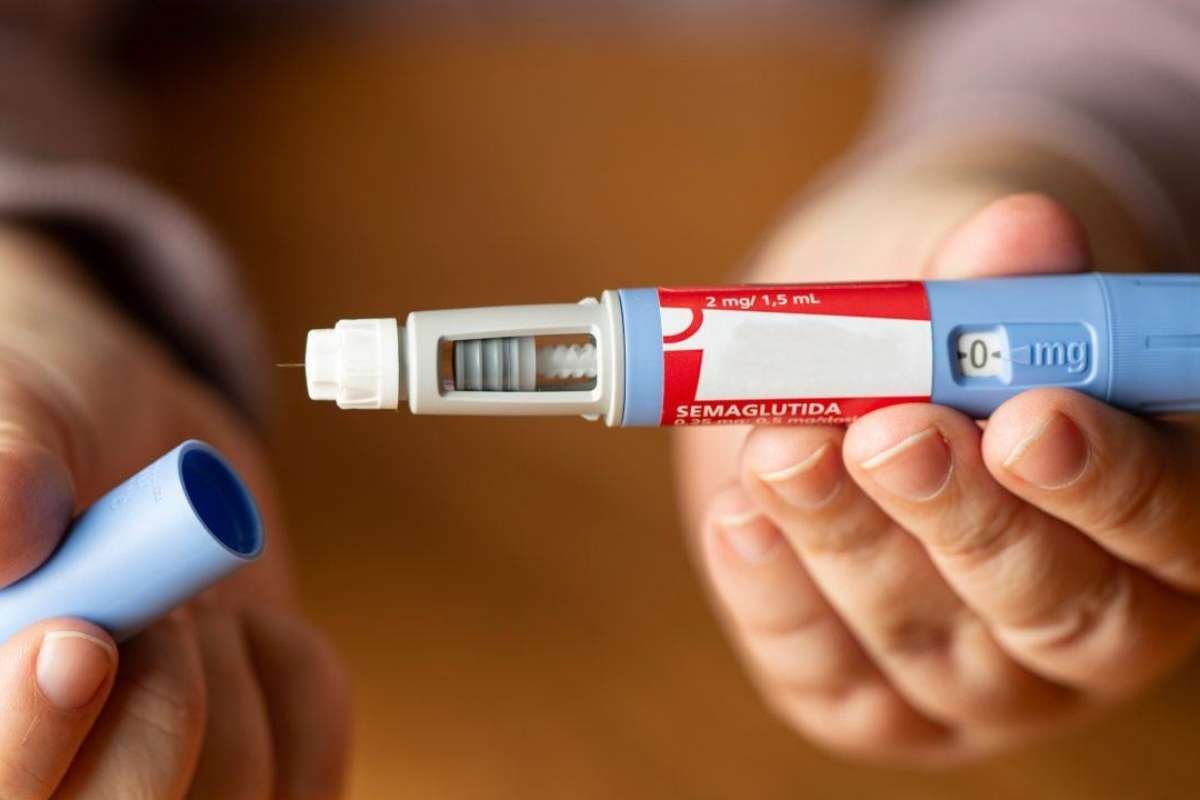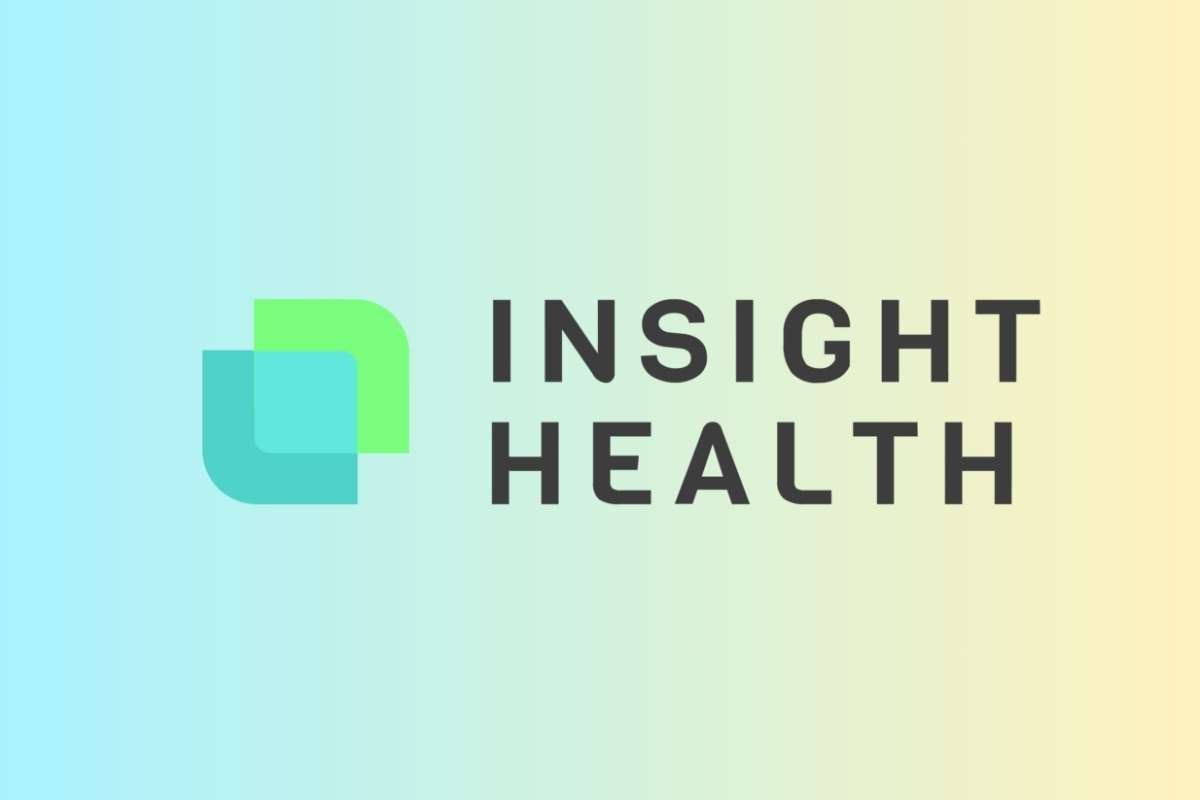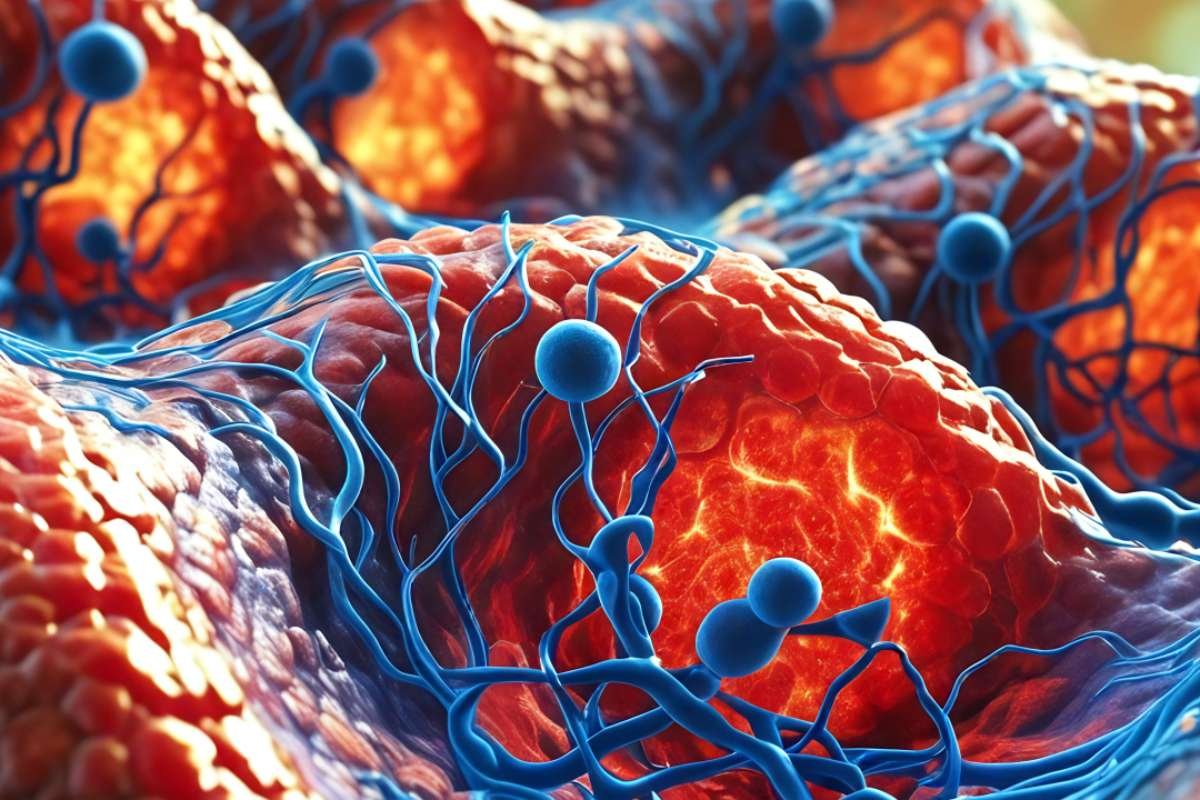The infusion of artificial intelligence (AI) has ignited a revolutionary transformation, particularly in the realm of diagnostics. The advent of AI-powered diagnostics signifies a paradigm shift in medical practices, introducing groundbreaking advancements that redefine the standards of accuracy, efficiency, and personalized patient care. AI-powered diagnostics leverage the capabilities of machine learning algorithms and data analytics to interpret vast amounts of medical information, leading to more precise and timely disease detection.
This innovative approach not only enhances the speed and accuracy of diagnostics but also opens avenues for personalized care plans tailored to individual patient needs. The integration of AI in diagnostics streamlines processes, automating repetitive tasks and expediting the analysis of medical tests. This not only accelerates the diagnostic timeline but also empowers healthcare professionals to focus on nuanced aspects of patient care.
The result is a healthcare landscape that is not only more efficient but also more attuned to the unique needs of each patient. As AI continues to evolve, the future of diagnostics promises even greater strides in accuracy, efficiency, and personalized medicine, marking an era where technology becomes an indispensable ally in the pursuit of better health outcomes.
Understanding AI-Powered Diagnostics
AI-powered diagnostics involve the utilization of machine learning algorithms and data analytics to interpret medical information and make diagnostic decisions. This innovative approach holds immense potential to enhance the speed and precision of disease detection, ultimately improving patient outcomes.
The Impact on Accuracy
One of the primary advantages of AI-powered diagnostics is its ability to process vast amounts of medical data with exceptional accuracy. Unlike traditional diagnostic methods, AI systems can analyze complex patterns and subtle nuances in medical images, leading to more precise and early detection of diseases.
Streamlining Diagnostic Processes
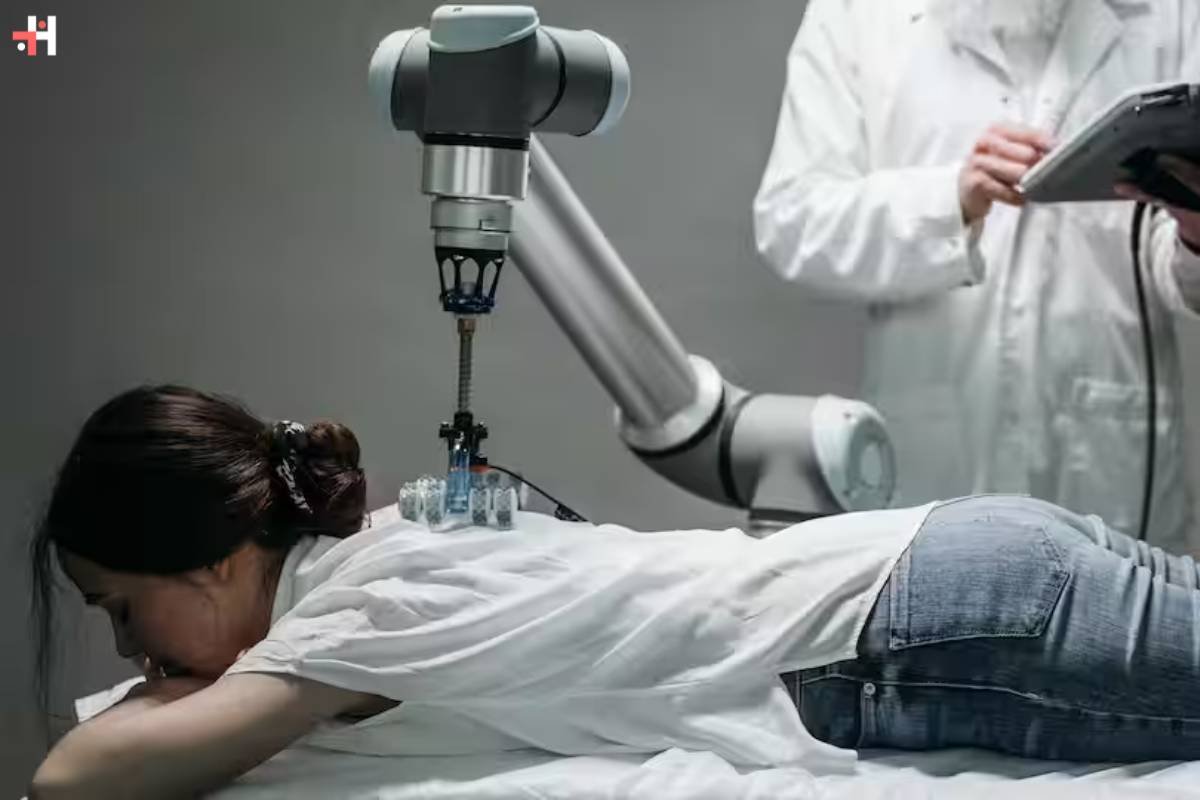
AI streamlines diagnostic processes by automating repetitive tasks and facilitating quicker analysis of medical tests. This not only accelerates the diagnostic timeline but also allows healthcare professionals to focus on more intricate aspects of patient care.
Personalized Medicine and Treatment Plans
AI’s analytical capabilities extend beyond conventional diagnostics. By assimilating patient data, AI algorithms can contribute to the development of personalized treatment plans. This tailoring of medical interventions based on individual characteristics holds the promise of optimizing therapeutic outcomes.
Overcoming Resource Constraints
In many healthcare systems globally, resource constraints pose challenges to timely and accurate diagnostics. AI-powered systems can alleviate this burden by providing support in areas where human resources are limited, especially in regions with a shortage of skilled healthcare professionals.
Key Considerations for Implementation
While the potential benefits of AI-powered diagnostics are immense, their successful integration requires careful consideration of ethical, privacy, and regulatory factors. Striking a balance between technological innovation and maintaining patient trust is crucial for widespread adoption.
Ethical Implications
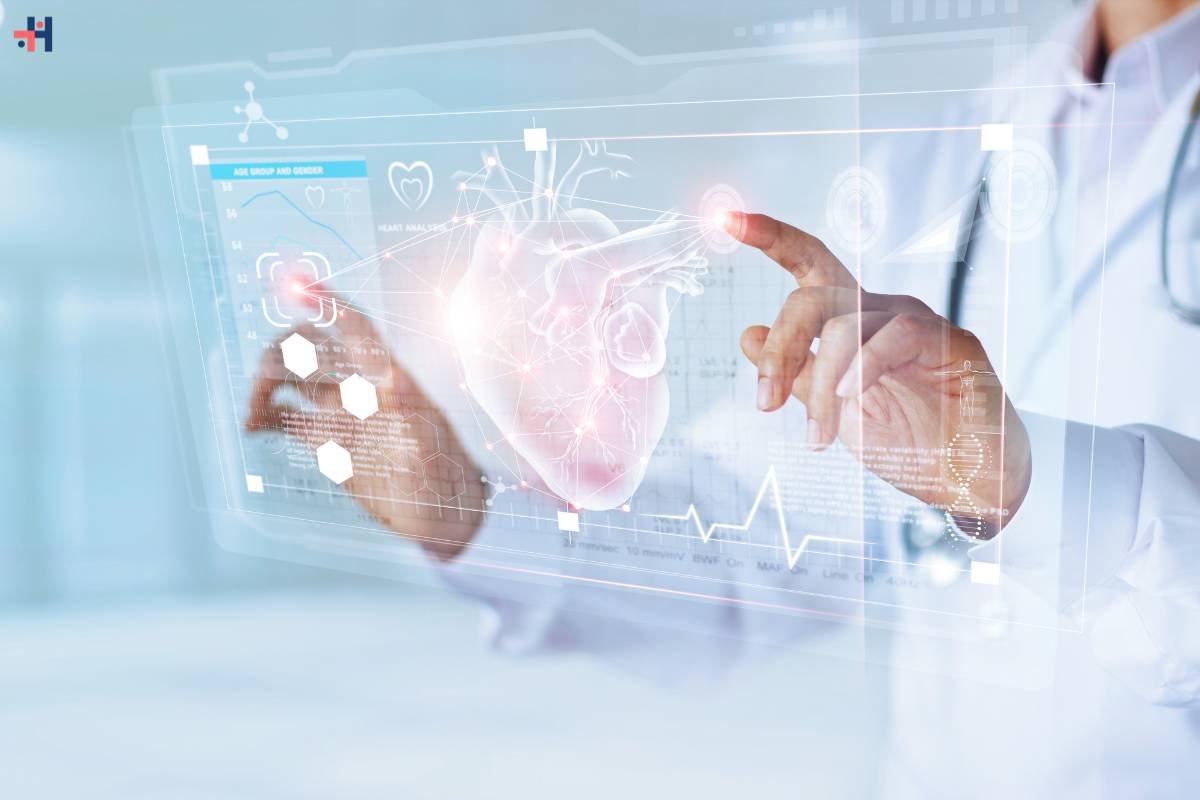
The use of AI in healthcare raises ethical considerations, including issues of data privacy, bias, and the accountability of algorithmic decision-making. It is essential to establish ethical frameworks that prioritize patient well-being and safeguard against potential misuse of AI technologies.
Regulatory Frameworks
Governments and regulatory bodies play a vital role in overseeing the ethical deployment of AI-powered diagnostics. Establishing clear guidelines and standards ensures that these technologies adhere to the highest standards of safety, efficacy, and transparency.
Continuous Learning and Adaptation
AI algorithms learn and evolve over time, necessitating continuous monitoring and adaptation. Regular updates and oversight are essential to ensure that diagnostic algorithms remain accurate and aligned with the latest medical knowledge.
Future Outlook
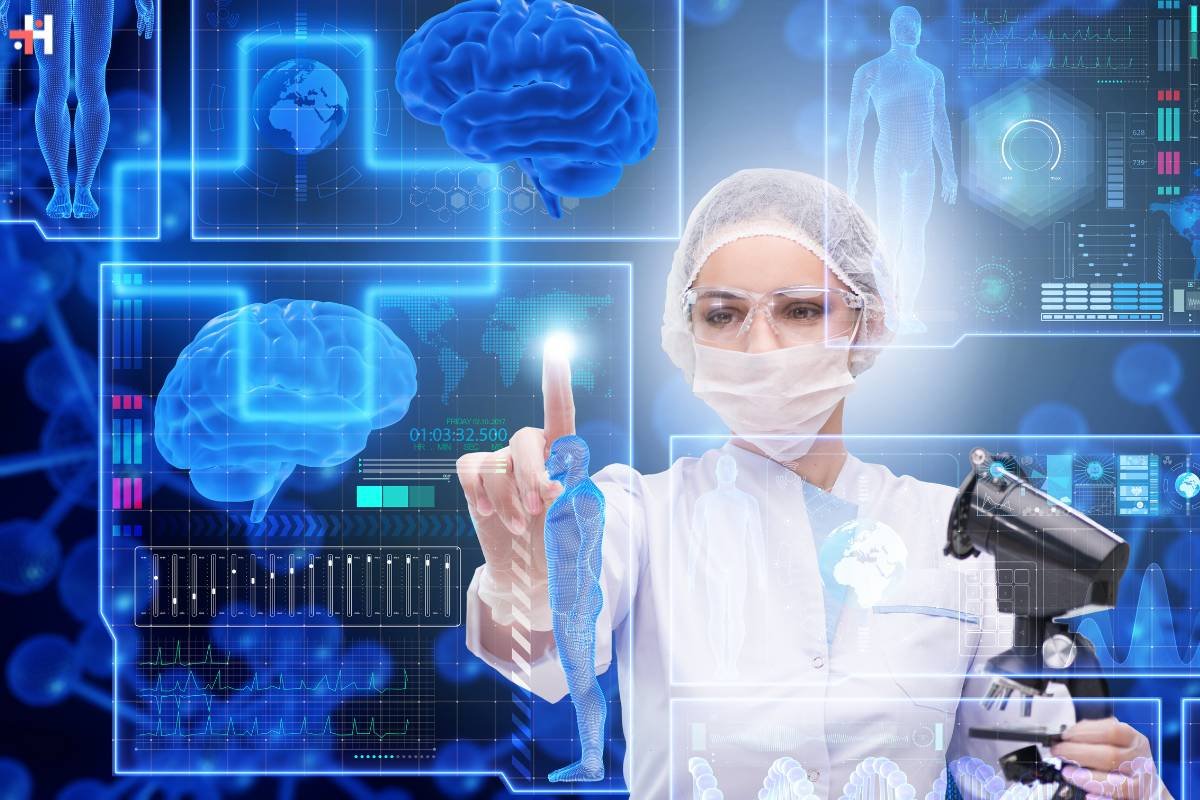
As technology continues to advance, the future of AI-powered diagnostics holds the promise of even greater sophistication. The integration of AI with other emerging technologies, such as genomics and telemedicine, will likely lead to a more interconnected and efficient healthcare ecosystem.
Conclusion:
AI-powered diagnostics stand at the forefront of a healthcare revolution, promising transformative advancements that have the potential to redefine how we approach medical diagnoses. The profound impact of AI in diagnostics is evident in its ability to significantly enhance accuracy, providing clinicians with invaluable support in detecting and understanding various medical conditions. One of the most promising aspects is the capacity of AI to facilitate personalized treatment plans. By analyzing vast datasets and identifying intricate patterns, AI systems contribute to tailoring medical interventions based on individual patient characteristics.
This not only improves treatment efficacy but also opens doors to a more patient-centric approach in healthcare. However, as AI continues to shape the diagnostic landscape, a thoughtful and ethical implementation is paramount. Safeguarding patient privacy, addressing biases, and establishing robust regulatory frameworks are essential steps to ensure that the promising potential of AI-powered diagnostics translates into tangible benefits for patients globally. As we navigate this transformative era, a careful balance between technological innovation and ethical considerations will be key to unlocking the full benefits of AI in healthcare diagnostics.



